The Latest Car Wars Have Moved from the Streets to Your Screens
Apple CarPlay and Android Auto have become so ubiquitous that pretty much every new car on the market today has no option but to offer these connectivity options as standard features.

Apple may have given up its grand plans of creating a car to rival Tesla, but that doesn’t mean it’s parked its long-standing aim of automotive dominance. Project Titan, Apple’s thus far top-secret car development program, has been shelved in favour of a more insidious plan to take over the screens in your car.
And while the industry may be wary – for fear of losing data, control and potential revenue as a result – for car users this is mostly a good thing. Apple CarPlay and Android Auto have become so ubiquitous that pretty much every new car on the market today has no option but to offer these connectivity options as standard features.
In fact, Ferrari has become the first automaker that’s decided not to provide a native navigation system in its new models – presumably because all its well-heeled clienti already prefer to mirror whichever Maps they favour on their phones. Truth be told, though, you don’t need Ferrari wherewithal for this. Perhaps much to the dismay of automakers who slave over in-car systems, we all use Google Maps anyway! And that’s because the maps on our phones are more accurate, more intuitive, and, most importantly, provide real world traffic information that’s far better than anything the in-built system can do.
Also Read: Google Maps Gets Six New Features in India; Flyover Alert, Metro Ticket Booking and More Added
General Motors, however, is taking the fight to the likes of Apple and Google by threatening to stop offering CarPlay and Android Auto in its new models. At this point, though, not only are these systems ubiquitous but they’re also mandatory as far as car buyers are concerned, so I wouldn’t be surprised if GM rolls back this decision once customers start voting with their chequebooks – which is to say by keeping them closed.
After all, technology companies like Apple, Google and Amazon have so much more data and expertise in developing intuitive screen interfaces and apps that it makes sense for automakers to stick to doing what they do best – develop great cars – while letting the tech giants do what they do best.
The next phase of development for Apple is to offer CarPlay options that take over each of the many screens in your new car. They’re in the process of co-developing customisable solutions with automakers that would enable them to create interfaces for all the screens, right from the instrument cluster to the various infotainment displays.
Also Read: Next-Gen Apple CarPlay to Offer More Customisation and Control Functions
But all is not lost for automakers. While connectivity issues and clumsy interfaces are the number one complaint for new car buyers across the globe, some carmakers do it better than others. BMW perhaps does it best with it’s iDrive system. But keep in mind that it’s been working on the system for over two decades now. Similarly, Mercedes-Benz, with the latest version of its MBUX system, is offering augmented reality driving directions using its own OS that’s integrated with the car’s front-facing cameras. In fact, this is already being offered on the brand new EQA that’s featured in this issue.
So, the key for both Apple and the automakers will be to merge the skillset of their respective experts to provide a seamless, intuitive and user-friendly in-car UI and UX. Frankly, since carmakers simply can’t keep Apple out of the cockpit, they may as well work with them to ensure that they retain their own identity while also keeping their drivers happy.


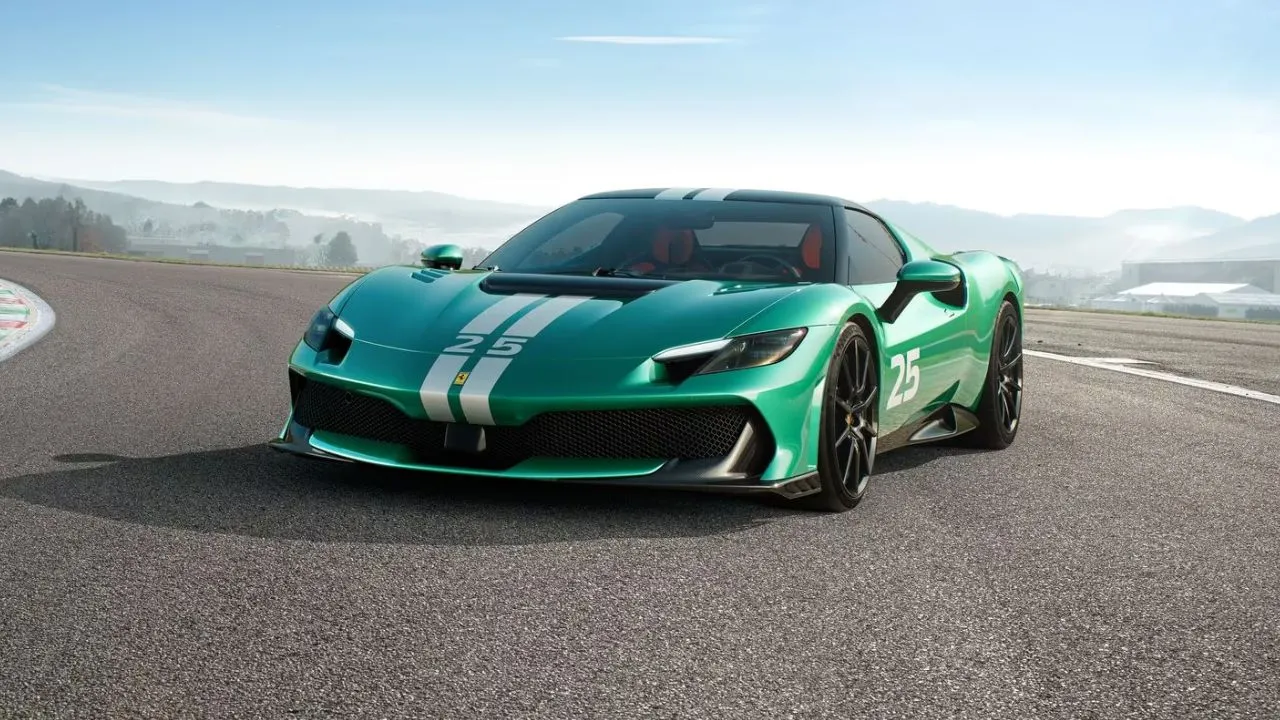
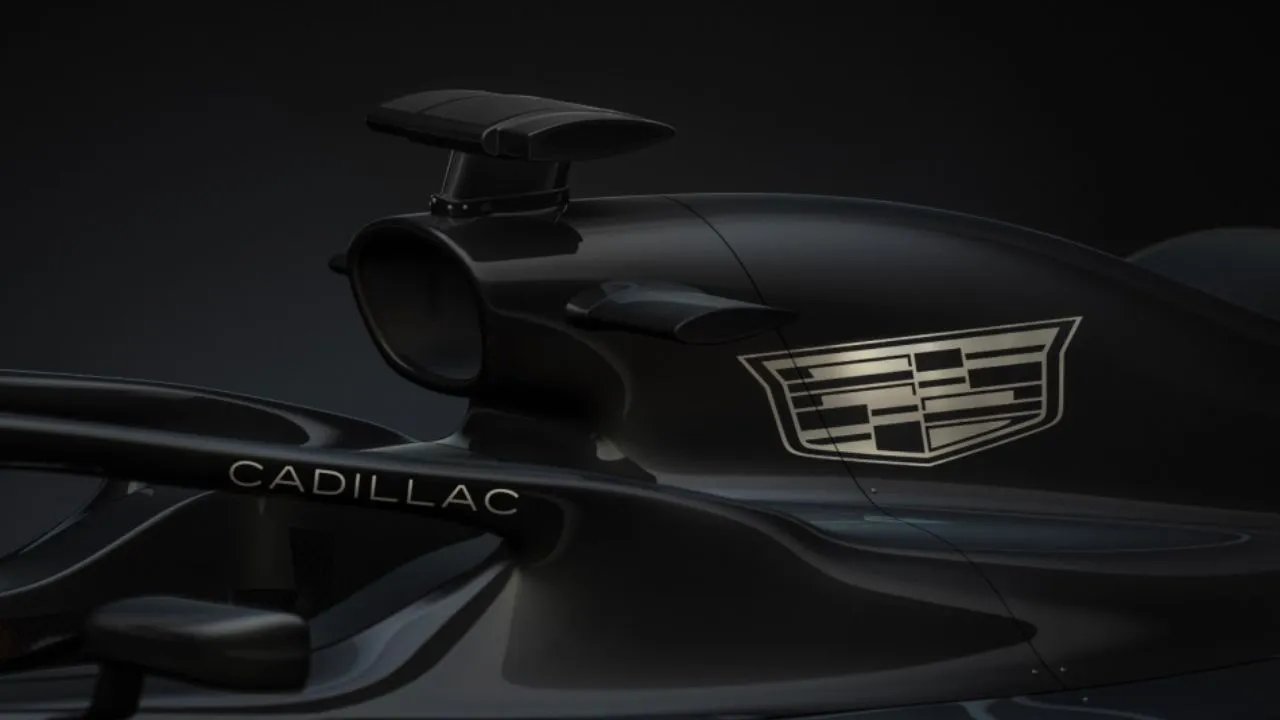
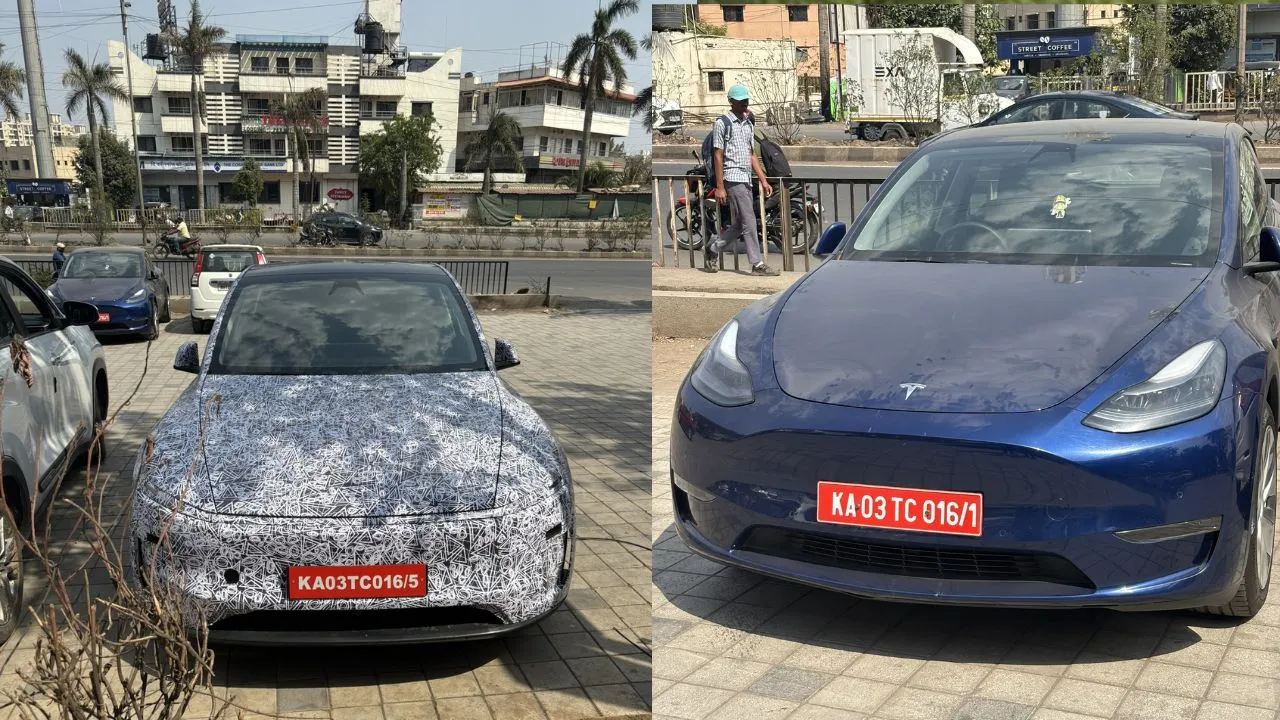
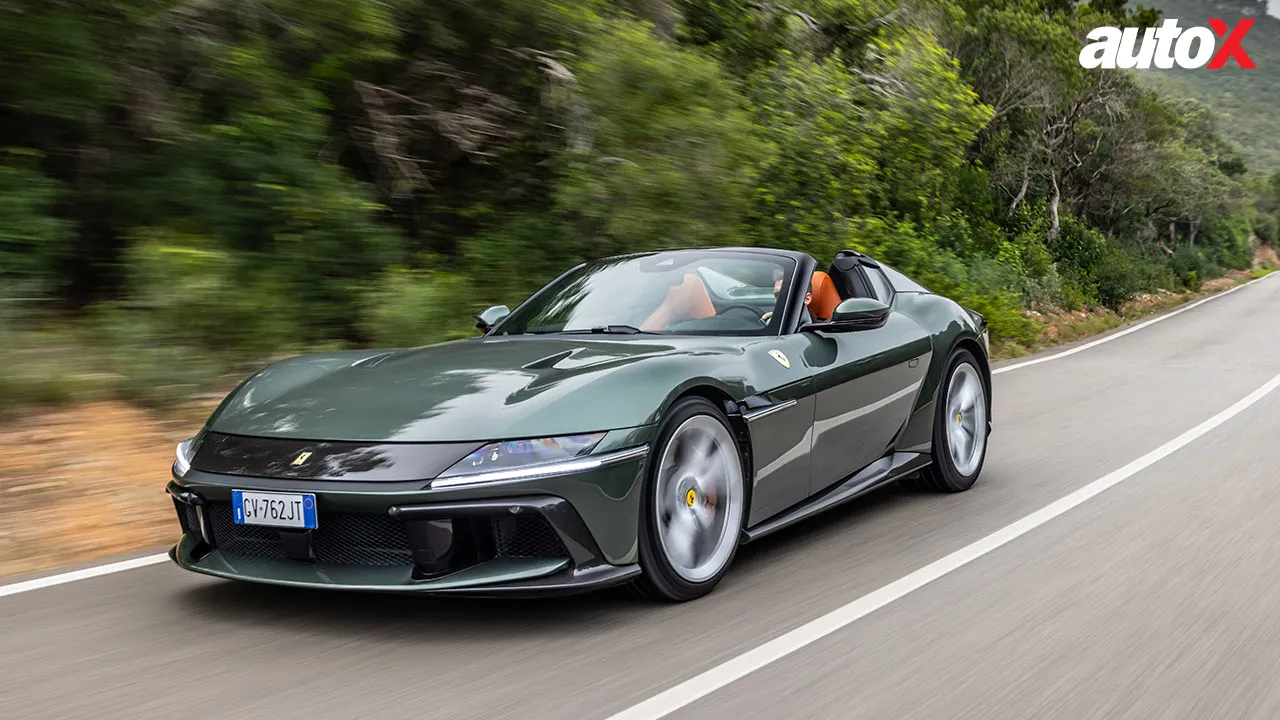
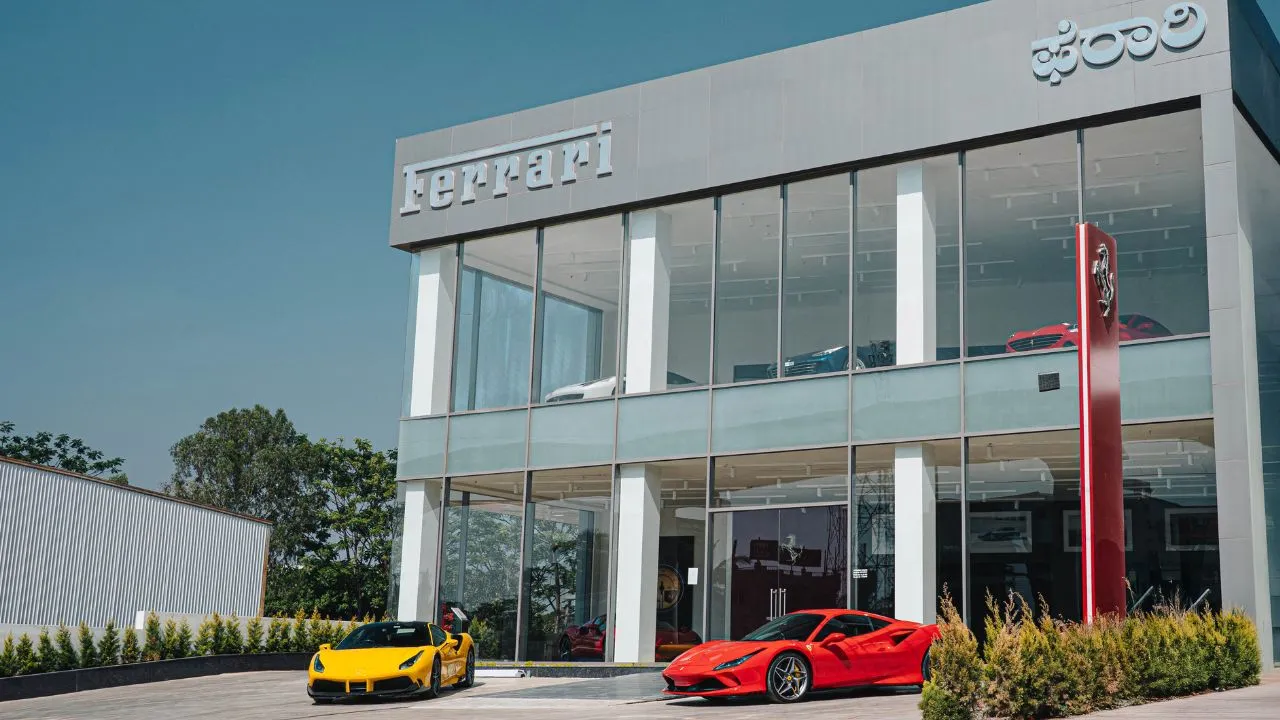
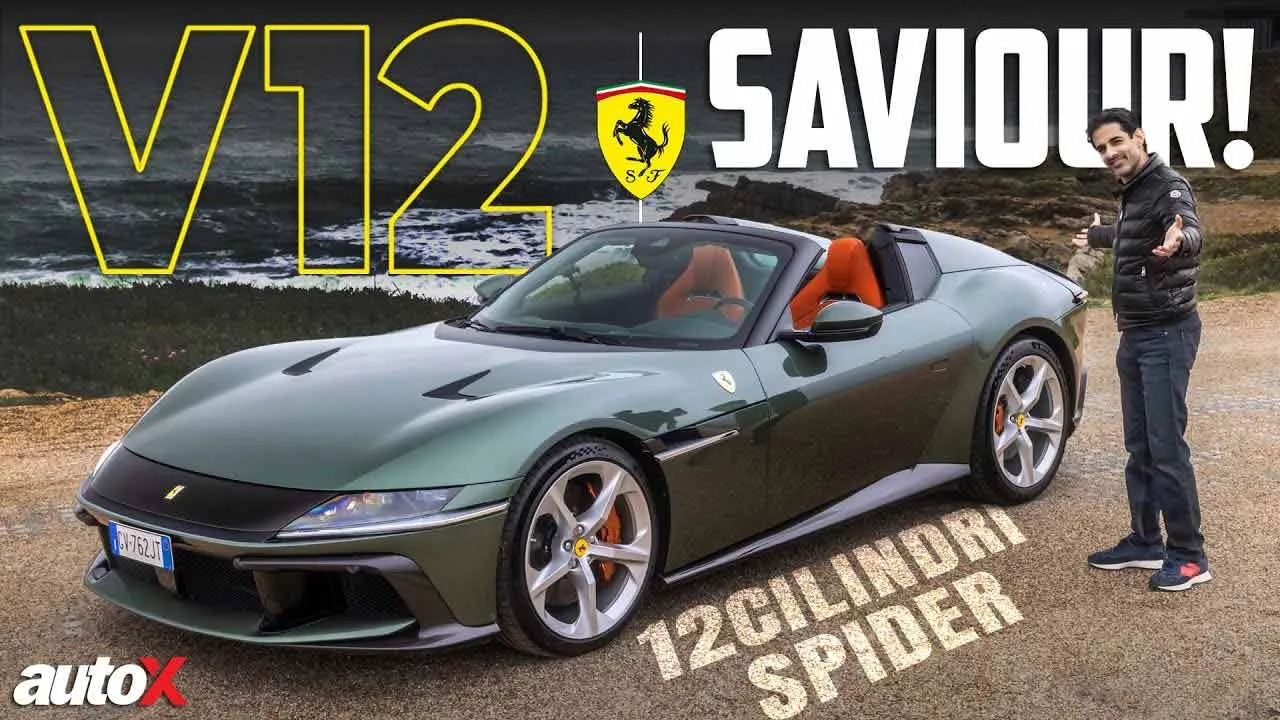
Write your Comment on